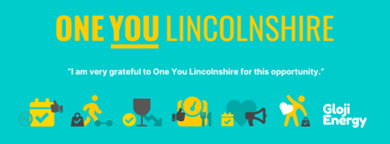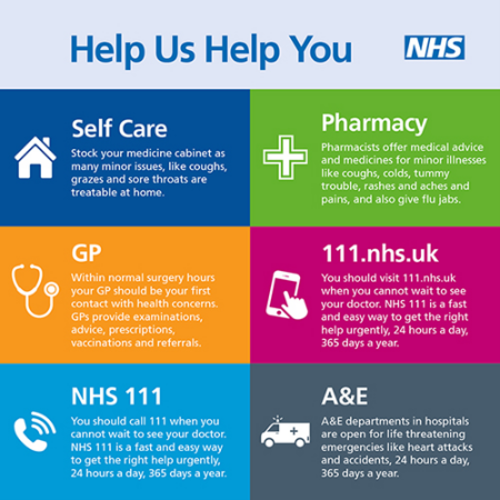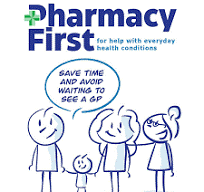Please help the NHS to use limited resources sensibly
Your GP, or other healthcare professional, will generally no longer give you a prescription for over the counter medicines for a range of minor health concerns. This allows resources to be utilised where it’s most needed and help improve health outcomes.

The Lincolnshire NHS Integrated Care Board does not support the prescription of medicines and treatments for self-limiting and minor health conditions where self-care is the most appropriate route and/or medicines and treatments are available to buy over the counter.
More information can be found in the following documents, please click the links below:
The guidance applies to the following self-limiting/minor health conditions below, there are exceptions to this advice which can be found in our guidelines.
_____________________________________________________________________________________________________________________________
Patients can be signposted to the following self-care resources where appropriate:
- Patients can find more information on the above conditions including signs and symptoms, advice and treatments and when to seek further help. Please click the link here: NHS: Conditions A to Z
- For details of how a pharmacy can help with self-care including the pharmacy first scheme (see further information below). Please click the link here: NHS: How pharmacies can help
- Find a pharmacy website can help patients locate their nearest pharmacy. Please click the link here: Find a pharmacy - NHS
- ‘The Self-Care Forum is the national charity which aims to further the reach of self-care and embed it into everyday life.’. Please click the link here: Self-Care Forum

- Patient’s can self-refer to local free health & wellbeing programmes such as weight loss, exercise and smoking cessation. Please click the link here: One You Lincolnshire

A triage tool can be found on NHS 111 online by clicking here: Check your symptoms - NHS 111. This can be used to allow patients to input their symptoms and check the level of care they should be seeking, whether that’s self-care, a pharmacist, a GP or emergency care.

Clinicians can utilise the following self-care prescription pad to support the decision to advise self-care. Some practices may still have a paper copy of these as well.

Most pharmacies can also offer prescription medicine for some conditions, without you needing to see a GP or make an appointment. This is called ‘Pharmacy First’.

Conditions they can offer a prescription medicine for are:
- Impetigo (aged 1 year and over)
- Infected insect bites (aged 1 year and over)
- Earache (aged 1 to 17 years)
- Sore throat (aged 5 years and over)
- Sinusitis (aged 12 years and over)
- Urinary tract infections (UTIs) (women aged 16 to 64 years)
- Shingles (aged 18 years and over)
If you are not within these age ranges, a pharmacist can still offer advice and support decisions about self-care treatment with over the counter medicines, but you may need to see a GP for treatment.
_____________________________________________________________
Medicine Cabinet
The NHS recommends everyone keep a well-stocked medicine cabinet/container with self-care medicines.
By keeping certain useful medicines at home, you can treat common conditions immediately and you may not need to see a healthcare professional or GP. Always remember to keep medicines out of sight and reach of children.


